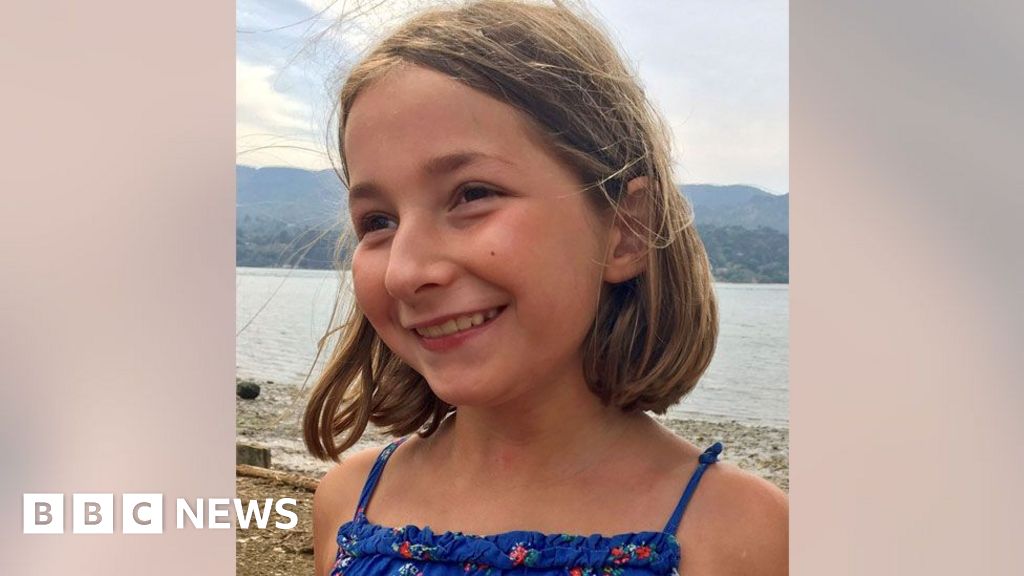ARTICLE AD BOX
Image source, Getty Images
Image caption,The latest NHS performance figures will be published on Thursday
NHS managers have said the pressure on the health and care system in Wales is "absolutely relentless".
Although people are not getting as ill with Covid as they once were, the number of cases is still affecting the NHS's ability to deliver services.
"I think we need to debunk the myth that Covid has gone away," said Darren Hughes of the Welsh NHS Confederation, which represents NHS services.
"The impact it's having on the NHS is going to be with us for years to come."
Mr Hughes added that emergency departments were facing "the most serious pressure we've probably ever seen with the number of people coming through the front door with serious conditions".
He said the ambulance service was also under "enormous pressure".
The latest NHS performance figures will be published on Thursday, with the expectation of another month of record waiting lists.
But Mr Hughes said the pressure was not limited to hospital services, with funding and staffing difficulties leading to "phenomenal pressure" on social care within the community.
"It's a whole system issue from accident and emergency, GPs, community pharmacies, but also social care."
"The system's been under pressure for a considerable amount of time."
Image source, Welsh NHS Confederation
Image caption,Darren Hughes says the health service has been "under pressure for a considerable amount of time"
The Welsh government is expected to publish its plan to deal with the backlog of people waiting for treatments on the NHS next week.
Performance figures published last month showed the number of people on waiting lists for non-urgent hospital treatment hit record levels for the 21st consecutive month.
The total number of "patient pathways" rose to 688,836 in January, but the rate of increase slowed.
As one patient may be on several "pathways" to treatment, the number of patients affected will be lower.
100 life-threatening calls daily
There was also an increase in calls to the Welsh Ambulance Service during February - the ninth month in a row that more than 100 life-threatening calls were made each day.
Average daily attendances to A&E during February were up 8.7%, with more people waiting longer than the four-hour and 12-hour targets.
More patients were waiting longer than 12 hours to be treated than in any month to date - apart from last October.
The number of cancer pathways that were closed because the patient did not have cancer also increased.
But performance against the 62-day treatment target fell to the lowest proportion on record.
Related Internet Links
The BBC is not responsible for the content of external sites.

 3 years ago
101
3 years ago
101








 English (US) ·
English (US) ·